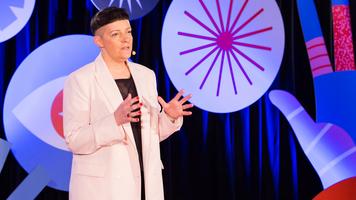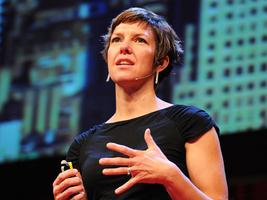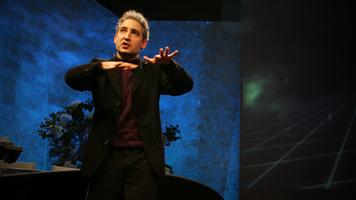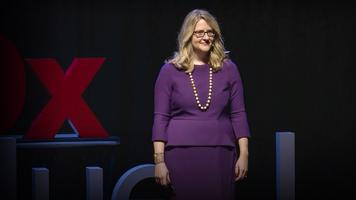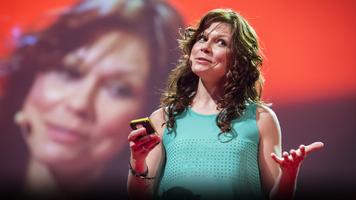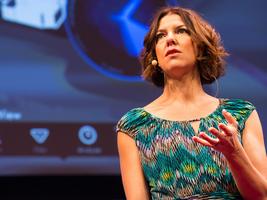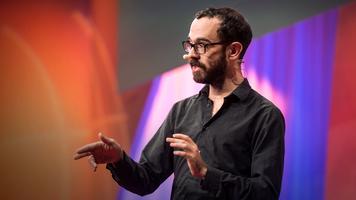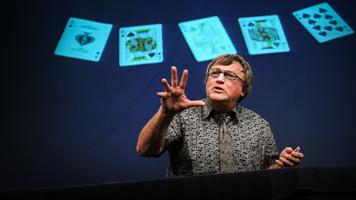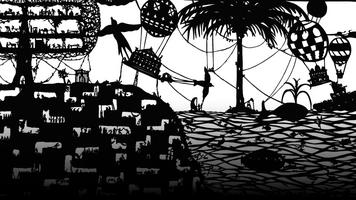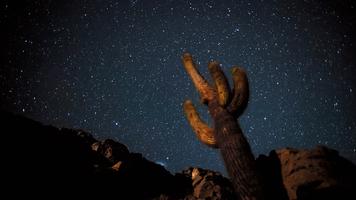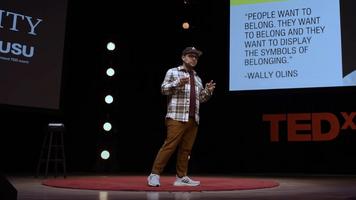Karen Gurney: The truth about faking orgasms
Karen DeSalvo: How tech companies can help combat the pandemic and reshape public health

Karen DeSalvo, the chief health officer at Google, explains the partnership between big tech and public health in slowing the spread of COVID-19 -- and discusses a new contact tracing technology recently rolled out by Google and Apple that aims to ease the burden on health workers and provide scientists critical time to create a vaccine. (This v...
Noah Charney: This person isn't actually screaming
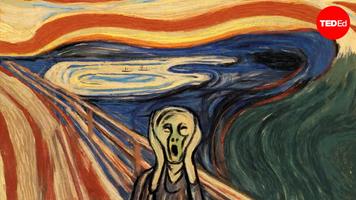
An undulating sky melds into the landscape, two silhouettes move along a balustraded walkway, and a ghostly figure’s features extend in agony. Since Norwegian artist Edvard Munch created "The Scream" in 1893, it’s become one of the world’s most famous artworks. But why has its cry traveled so far and endured so long? Noah Charney shares the insp...
Carina Morillo: To understand autism, don't look away

Carina Morillo knew almost nothing about autism when her son Ivan was diagnosed -- only that he didn't speak or respond to words, and that she had to find other ways to connect with him. She shares how she learned to help her son thrive by being curious along with him. (In Spanish with English subtitles)
Michael Green: The natural building blocks of sustainable architecture
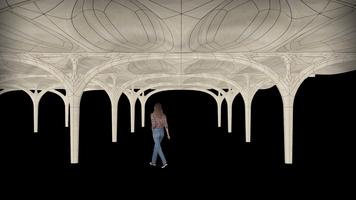
If we're going to solve the climate crisis, we need to talk about construction. The four main building materials that humans currently use -- concrete, steel, masonry and wood -- have a heavy environmental impact, but what if we had a fifth option? Architect Michael Green proposes an entirely new, natural medium inspired by the structure of tree...
Jessica Green: Are we filtering the wrong microbes?
Carne Ross: An independent diplomat
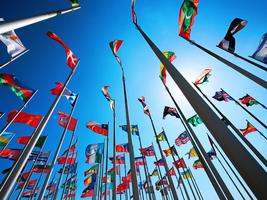
After 15 years in the British diplomatic corps, Carne Ross became a "freelance diplomat," running a bold nonprofit that gives small, developing and yet-unrecognized nations a voice in international relations. At the BIF-5 conference, he calls for a new kind of diplomacy that gives voice to small countries, that works with changing boundaries and...
Brian Greene: Making sense of string theory
Karen Lloyd: The mysterious microbes living deep inside the earth -- and how they could help humanity
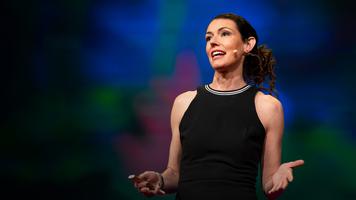
The ground beneath your feet is home to a massive, mysterious world of microbes -- some of which have been in the earth's crust for hundreds of thousands of years. What's it like down there? Take a trip to the volcanoes and hot springs of Costa Rica as microbiologist Karen Lloyd shines a light on these subterranean organisms and shows how they c...
Karen Eber: How your brain responds to stories -- and why they're crucial for leaders
Kiran Sethi: Kids, take charge
Elliot Krane: The mystery of chronic pain
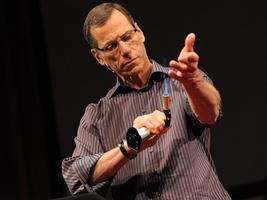
We think of pain as a symptom, but there are cases where the nervous system develops feedback loops and pain becomes a terrifying disease in itself. Starting with the story of a girl whose sprained wrist turned into a nightmare, Elliot Krane talks about the complex mystery of chronic pain, and reviews the facts we're just learning about how it w...
Asha Curran: How acts of kindness sparked a global movement
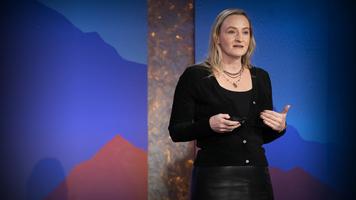
"We underestimate the power of our own generous actions," says Asha Curran, CEO of the global generosity movement GivingTuesday. Sharing stories of people making a difference through simple acts of kindness, she shows how generosity, even in its simplest forms, can be a transformative force — and explains why we all benefit from a world grounded...
Kiran Bedi: A police chief with a difference
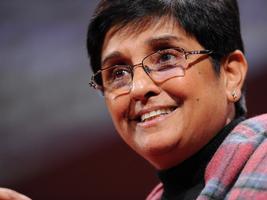
Kiran Bedi has a surprising resume. Before becoming Director General of the Indian Police Service, she managed one of the country's toughest prisons -- and used a new focus on prevention and education to turn it into a center of learning and meditation. She shares her thoughts on visionary leadership at TEDWomen.
Carin Bondar: The birds and the bees are just the beginning
Karin Öberg: The galactic recipe for a living planet
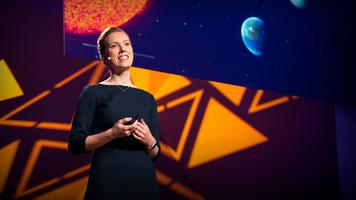
Did you know that one of the most notorious poisons is also a key ingredient for life as we know it? Join space chemist Karin Öberg and learn how she scans the universe in search of this paradoxical chemical using ALMA, the world's largest radio telescope, to detect hotbeds of molecular activity and the formation of life-sustaining planets.
Kate Green: The pharaoh that wouldn't be forgotten
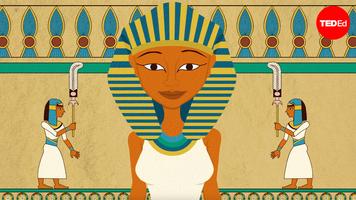
Hatshepsut was a female pharaoh during the New Kingdom in Egypt. Twenty years after her death, somebody smashed her statues, took a chisel and attempted to erase the pharaoh’s name and image from history. But who did it? And why? Kate Green investigates Hatshepsut's history for clues to this ancient puzzle. [Directed by Steff Lee, narrated by Ad...
Michelle Greene: A new stock exchange focused on the long-term
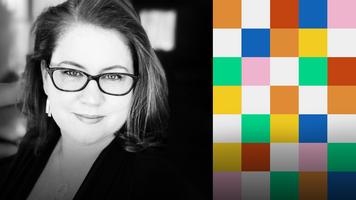
Investors tend to think in daily and quarterly numbers, leading to a system that can harm the future health of the economy and planet. Michelle Greene explains how the Long-Term Stock Exchange is reimagining public markets by holding companies to forward-thinking standards of diversity and inclusion, employee investment and environmental respons...
Jessica Green: We're covered in germs. Let's design for that.
Peter Kirn: From Beethoven to Kinect, linking music to our bodies
Creative technologist Peter Kirn contemplates the intimate connection between the corporeal and emotional worlds through music. He discusses the physical impact of Beethoven's symphonies, concluding with a live demonstration of an instrument that registers the body's response and generates sound based solely on his physical movements.
Lennart Green: Close-up card magic with a twist
Béatrice Coron: Stories cut from paper
Noah Charney: The art forger who tricked the Nazis
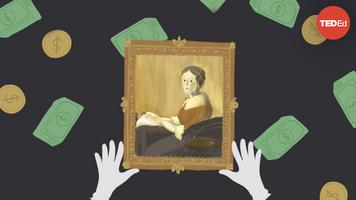
It was one of the strangest trials in Dutch history. The defendant in a 1947 case was an art forger who had counterfeited millions of dollars worth of paintings. But he wasn't arguing his innocence— in fact, his life depended on proving that he had committed fraud. Who was this artist, and why was he on trial for his life? Noah Charney investiga...
Karen Willcox: How "digital twins" could help us predict the future

From health-tracking wearables to smartphones and beyond, data collection and computer modeling have become a ubiquitous part of everyday life. Advancements in these areas have given birth to "digital twins," or virtual models that evolve alongside real-world data. Aerospace engineer Karen Willcox explores the incredible possibilities these syst...
Karinna Grant: What's the point of digital fashion?
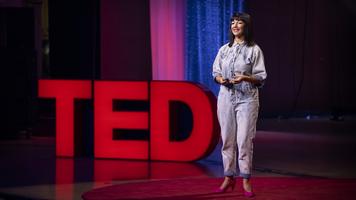
What if you could own more clothes without crowding your closet or growing your carbon footprint? Introducing the dematerialized future of your wardrobe, digital fashion entrepreneur Karinna Grant talks about the brands selling pixelated clothes via NFTs and augmented reality — and explores the creative and sustainable potential of fashion that ...
Karen Bass: Unseen footage, untamed nature
Thomas Curran: Our dangerous obsession with perfectionism is getting worse
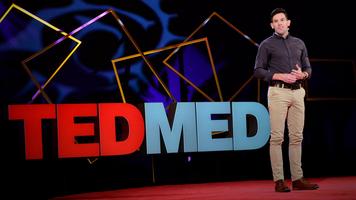
Social psychologist Thomas Curran explores how the pressure to be perfect -- in our social media feeds, in school, at work -- is driving a rise in mental illness, especially among young people. Learn more about the causes of this phenomenon and how we can create a culture that celebrates the joys of imperfection.
Gregg Garn: Should teachers get free housing?
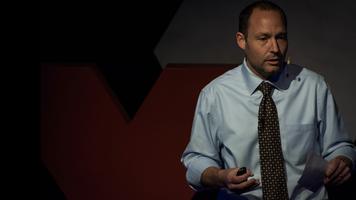
In the 19th century, schools provided free housing for teachers. Gregg Garn, a dean at the University of Oklahoma, makes an eloquent argument to restart this tradition. In this fascinating talk, Garn reviews the brutal economics of being a teacher -- and asks how we as communities can enhance the quality of life for our best and brightest instru...
Michael Green: The nuances of flag design — and how branding unifies us
Melissa Garren: The sea we've hardly seen
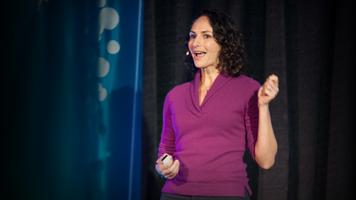
An average teaspoon of ocean water contains five million bacteria and fifty million viruses -- and yet we are just starting to discover how these "invisible engineers" control our ocean's chemistry. At TEDxMonterey, Melissa Garren sheds light on marine microbes that provide half the oxygen we breathe, maintain underwater ecosystems, and demonstr...
